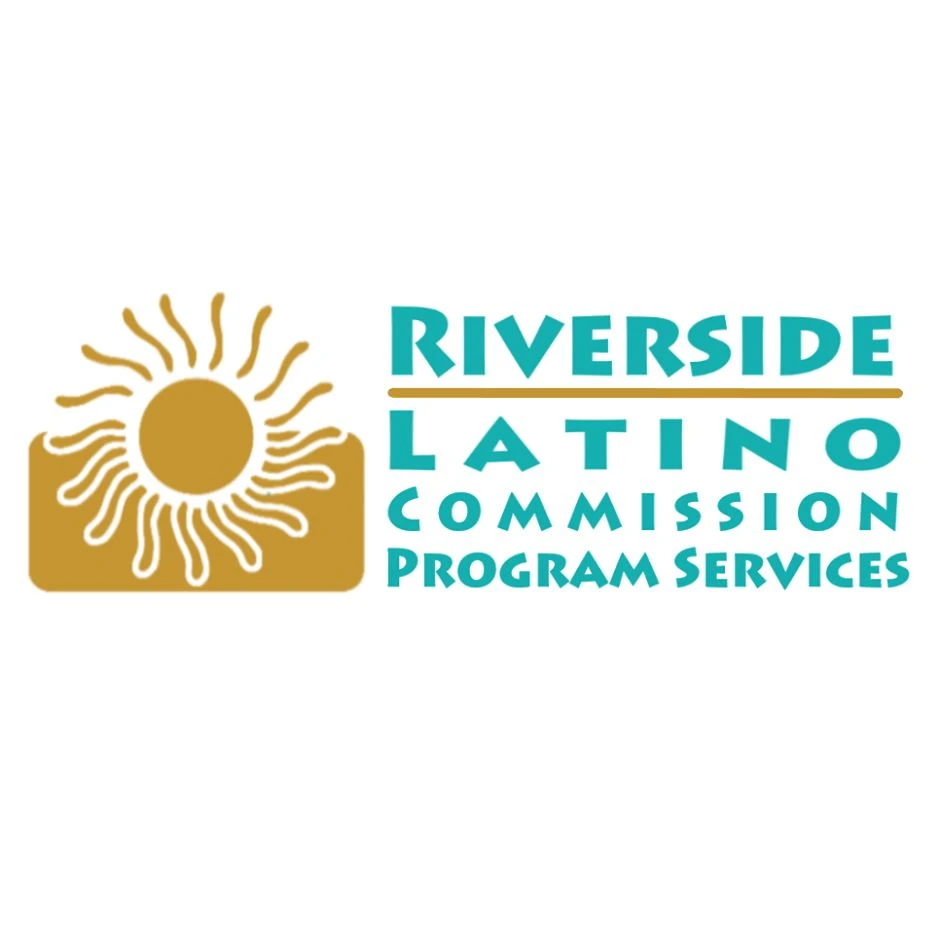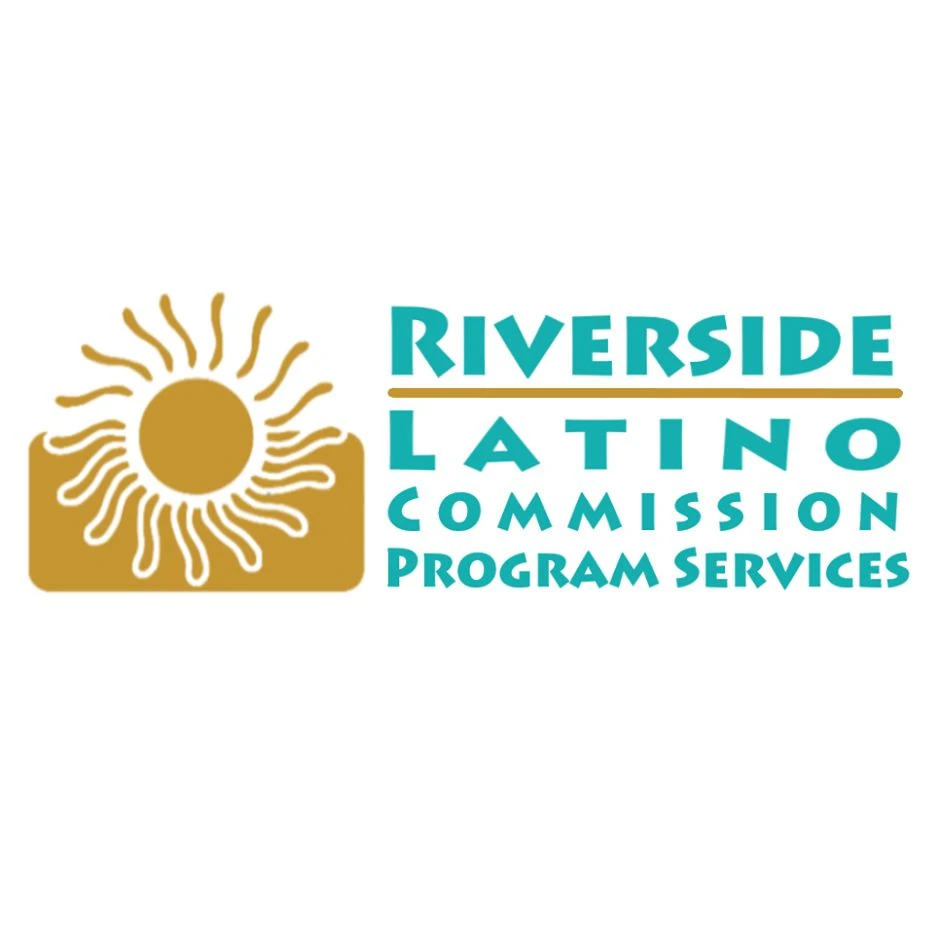Casa Cecilia Information
Treatment
Who We Treat
- Male and Female
Treatment Focus
- Women
- Alcohol
- Drug Addiction
- Family Involvement
- Twelve Step
Approaches
- 12-Step-Based
- Individual Treatment
- Evidence-Based
- Gender-Specific
- Family Involvement
- Twelve Step
- Family Therapy
- Group Therapy
- 1-on-1 Counseling
- Life Skills Training
- Relapse Prevention Counseling
Conditions We Treat
- Depression
- Anxiety
- Post Traumatic Stress Disorder (PTSD)
- Trauma
- Co-Occurring Disorders
Substances We Treat
- Alcohol
- Benzodiazepines
- Heroin
- Opioids
- Cocaine
- MDMA/Ecstasy
- Ecstasy
- Psychedelics
Languages
- English
- Spanish
Aftercare
- Discharge Planning
- Outpatient Treatment
- Continuing Care
- Support Meetings
Level of Care
- Residential Rehab
- Co-Occurring Mental Health
- Aftercare/Continuing Care
Experience
On-Site Activities
- AA/NA Meetings
Special Considerations
- Family Program
Additional Locations
Casa Cecilia Accepts The Following Insurance Plans
Find the best treatment options. Call our free and confidential helpline today!




